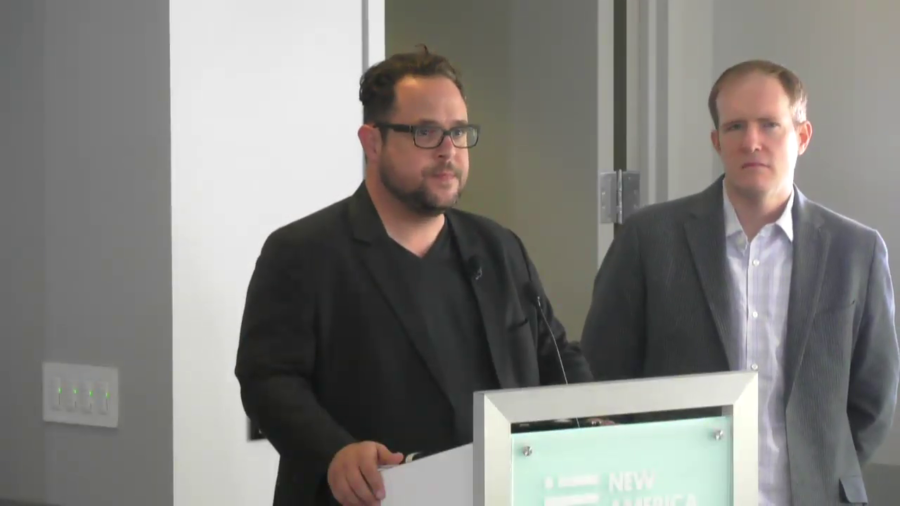AI Policy Futures is a research effort to explore the relationship between science fiction around AI and the social imaginaries of AI. What those social measures can teach us about real technology policy today. We seem to tell the same few stories about AI, and they’re not very helpful.
Archive (Page 1 of 2)
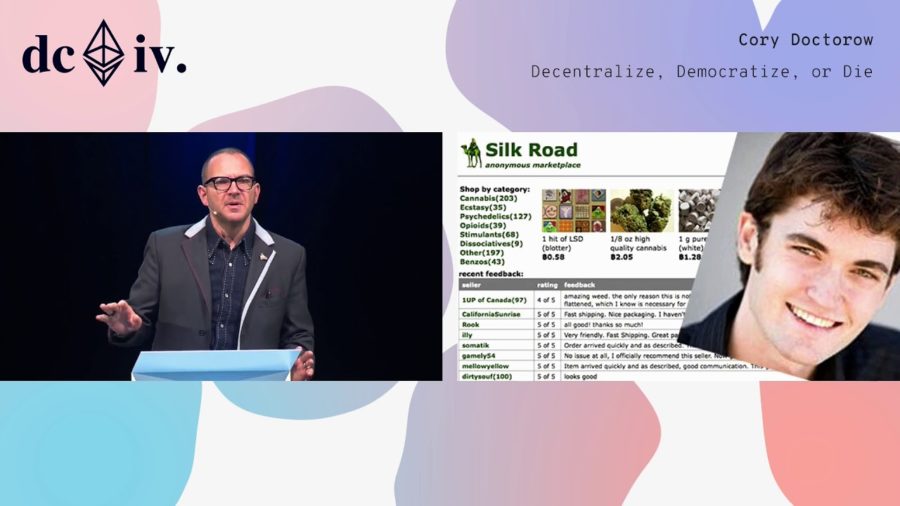
You might be more comfortable thinking about deploying math and code as your tactic, but I want to talk to you about the full suite of tactics that we use to effect change in the world. And this is a framework that we owe to this guy Lawrence Lessig.
We have even in the United States serious and growing water scarcity challenges. We have contamination problems with chemicals that we have not adequately regulated here in the United States. We have conflicts between states in the United States about who gets to use what water to do what. We have evidence that climate change is already influencing water demand, affecting water availability, changing extreme events. There are a whole suite of water-related problems, here, unrelated to these basic human need challenges that’re pressing in other parts of the world.
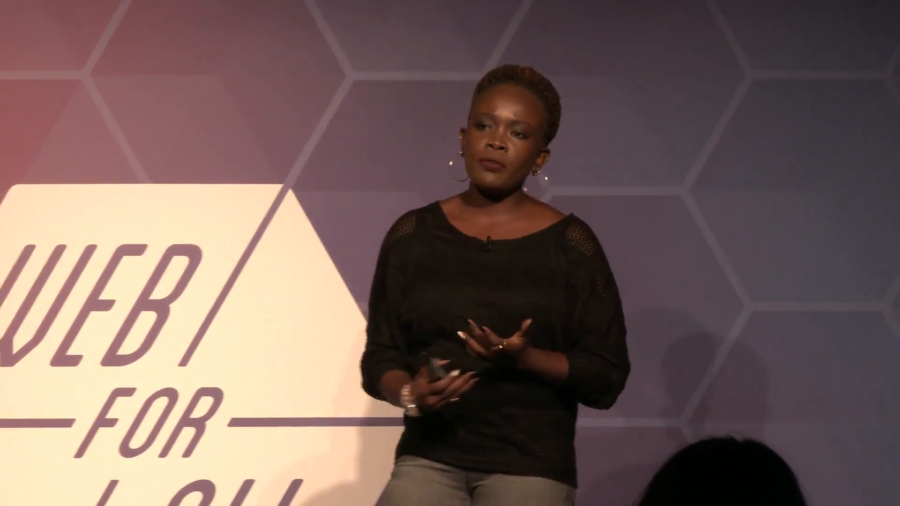
I found that research globally is pointing out that women are 50% less likely to be connected to the Internet. And not just that. Even when they’re connected they’re 30 to 50% less likely to use it for personal empowerment. So much for Web For All, right?
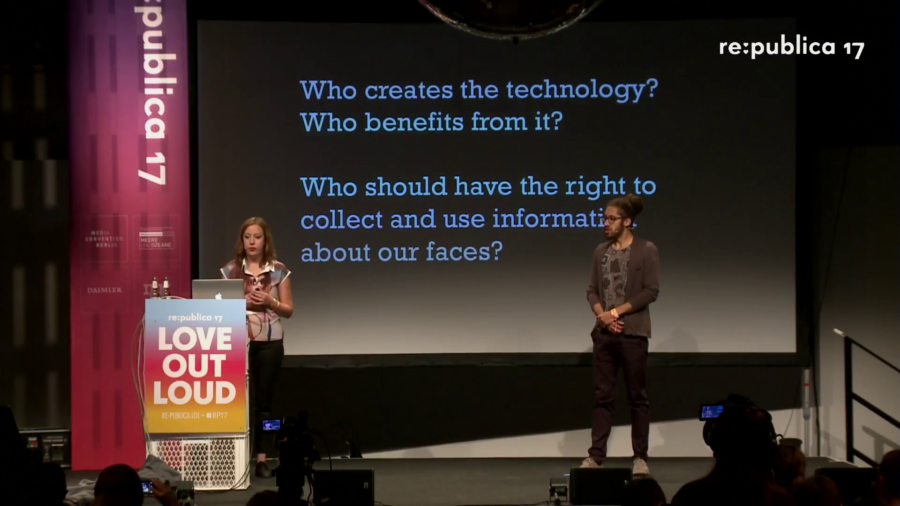
We have to ask who’s creating this technology and who benefits from it. Who should have the right to collect and use information about our faces and our bodies? What are the mechanisms of control? We have government control on the one hand, capitalism on the other hand, and this murky grey zone between who’s building the technology, who’s capturing, and who’s benefiting from it.
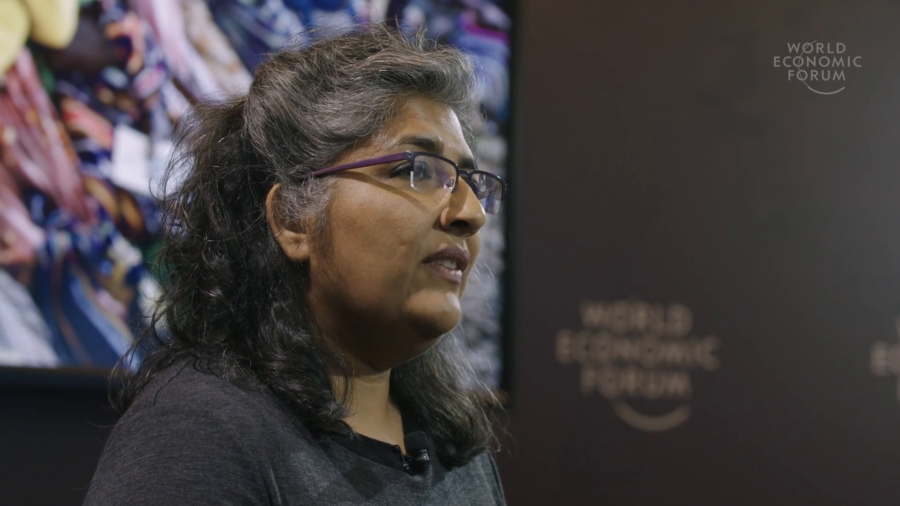
During the war in Afghanistan, the military decided to air drop food packages as part of its winning hearts and minds campaign. Unfortunately, the food packages were very similar in appearance to the cluster bombs they were dropping at the same time. If military decision-makers had spoken to communities, aid workers, military personnel on the ground, they’d have figured out there were smarter ways to deliver food and win the trust of the Afghan people.
What’s key…is that we all need to work together. There’s no way for all of us to know about each other. We’re in that part of this new way of being that there’s too many players. It’s too chaotic. There is no center, there is no hub. But we need to find ways to work together, and to lose the idea that any one of us is the solution. Because if any one of us were the solution, we wouldn’t be where we are now.
Obviously there’s human rights that have to do with water and air and safety and shelter, but I think education is right there with it because it really is a public good. I have such a hard time with people who say, for example, who don’t have children and say, “Well why should I pay those taxes. I don’t have anybody in the schools. It’s not benefitting me.” And I think how can you possibly say that? Those are the people that are servicing you, whether they’re servicing your roads or your supermarket or your medical offices.

